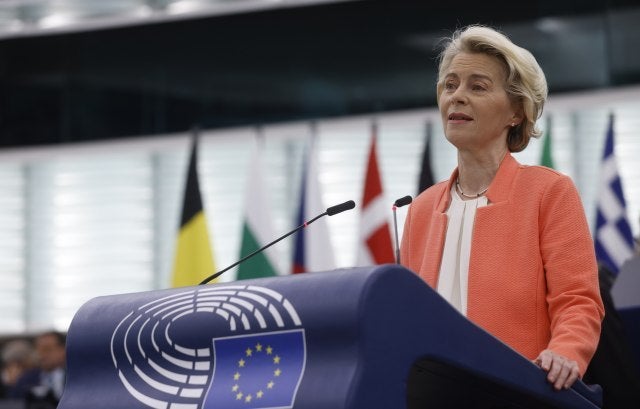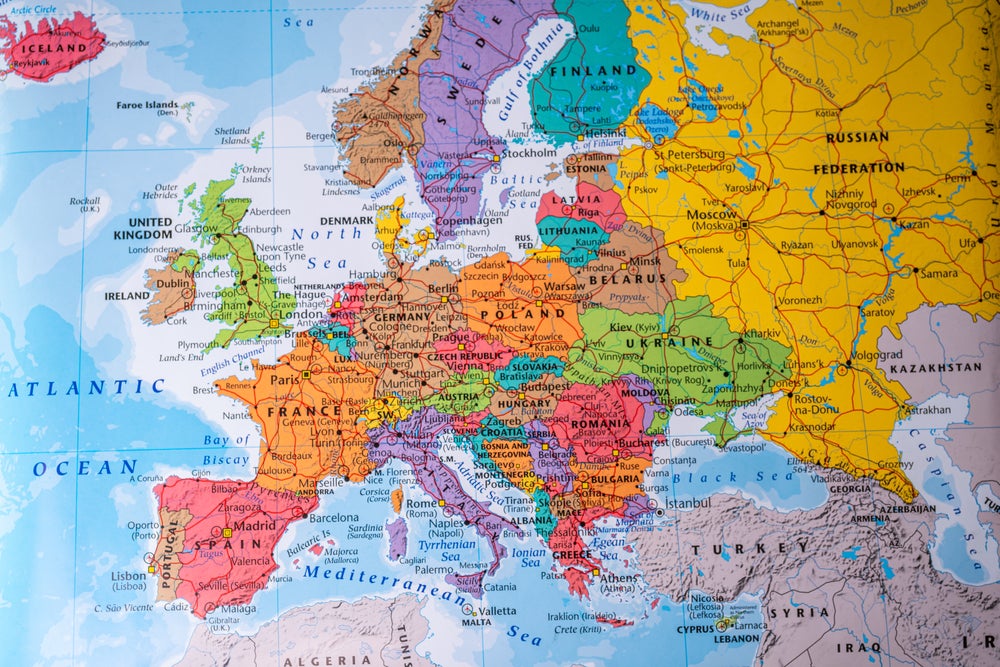The EU’s decision to launch an investigation into Chinese subsidies on EVs has been interpreted by the Chinese government as a threat to impose tariffs and is likely to have a “negative impact” on the EU’s relationship with China, the Chinese Commerce Ministry said on Thursday.
While the EU claims it is trying to protect domestic industries from the influx of cheap Chinese cars entering European makers, preventing this competition might ultimately be counterproductive for the green energy transition and prove harmful to consumers.
“Global markets are now flooded with cheaper Chinese electric cars. And their price is kept artificially low by huge state subsidies. This is distorting our market,” European Commission President Ursula von der Leyen said in her annual address.
In response, the EC said it would evaluate whether to levy tariffs above the current EU standard for cars of 10%.

The Chinese Commerce Ministry has classified the EU’s move as “a naked act of protectionism that will seriously disrupt and distort the global automotive industry chain,” Bloomberg reported.
In expectation of new developments on the situation, a crucial question torments the European car manufacturing (and car financing) industry: has the EU just started a war trade with China?
How well do you really know your competitors?
Access the most comprehensive Company Profiles on the market, powered by GlobalData. Save hours of research. Gain competitive edge.

Thank you!
Your download email will arrive shortly
Not ready to buy yet? Download a free sample
We are confident about the unique quality of our Company Profiles. However, we want you to make the most beneficial decision for your business, so we offer a free sample that you can download by submitting the below form
By GlobalDataAgainst a backdrop of Covid-inspired uncertainty in international supply chains, the outlook for the Chinese-European industrial relationship lacks clarity, but one thing is for sure, China will look to ride the EV wave in Europe.
As a Bloomberg report puts it, “China’s EV market has been a rare bright spot in its sputtering post-pandemic recovery, maintaining growth and bolstering exports.”
2023 paints a dire picture for Chinese growth figures and President Xi Jinping’s government knows this. It is therefore unlikely that China will simply cease to exploit this booming market under the threat of EU investigation.
In an attempt to refute the EU’s allegations and preserve its international reputation, the Commerce Ministry claimed that Chinese success in the EV sector is due to “innovation” and robust supply chains.
Regardless of whether this is true or not, the EU’s response to China’s encroachment in European EV markets may not be particularly productive for consumers or for the broader cause of decarbonisation.
A trade war with China can only result in one outcome, higher prices for those looking to acquire an EV.
“It is a highly competitive situation, it is good news for the customer”, said Hildegard Muller, President of the German Association of the Automotive Industry (the VDA) when asked by Bloomberg about the situation.
No doubt Muller is projecting a healthy and manageable level of competition between Chinese and European automakers that will drive prices down for average consumers across Europe, but what if China responds to EV tariffs with its own sanctions, and wider trade chaos ensues?
To this extent, how can a trade war with China represent “good news for customers” especially as Bloomberg has forecast that a 9-month-investigation could result in tariffs close to 27.5%.
European auto consumers, who place a great deal of attention on cost when buying a car, may end up being harmed by the EU’s protective “whatever it takes” attitude.








